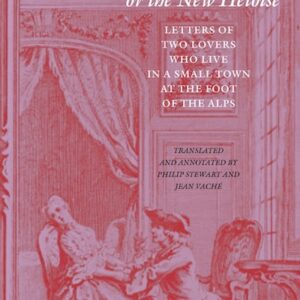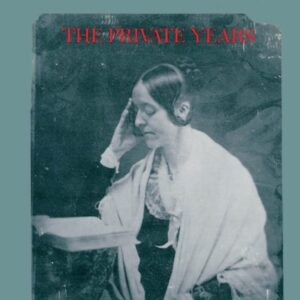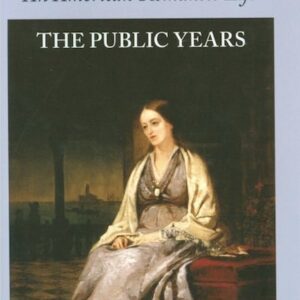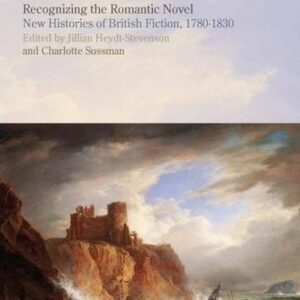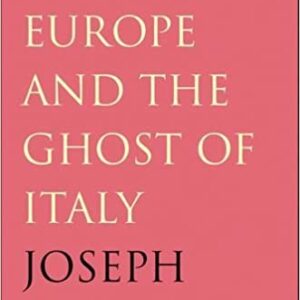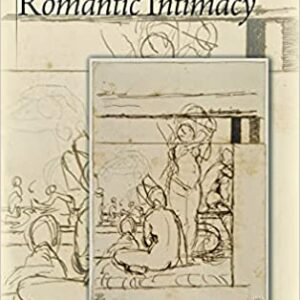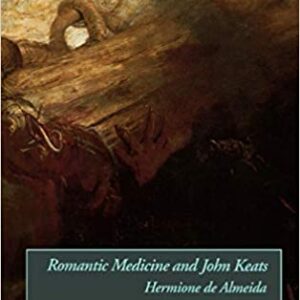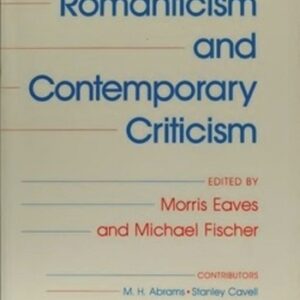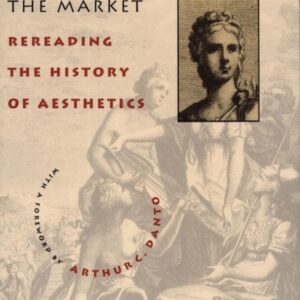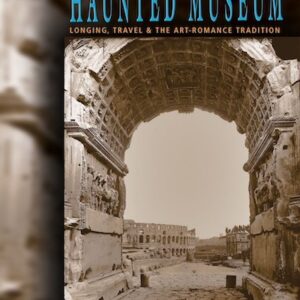
Haunted Museum: Longing, Travel, and the Art-Romance Tradition
By Jonah Siegel (NHC Fellow, 1998–99) For centuries, southern Europe, and Italy in particular, has offered writers far more than an evocative setting for important works of literature. The voyage south has been an integral part of the imagination of inspiration. Haunted Museum is a groundbreaking, in-depth look at fantasies of Italy from the late eighteenth to … Continued
